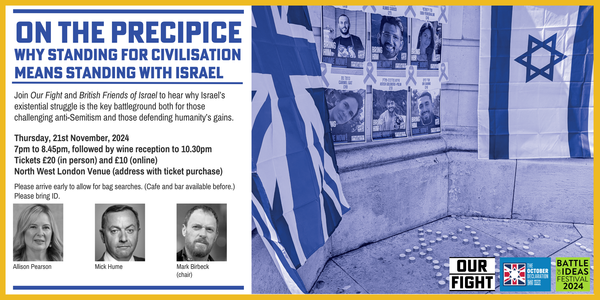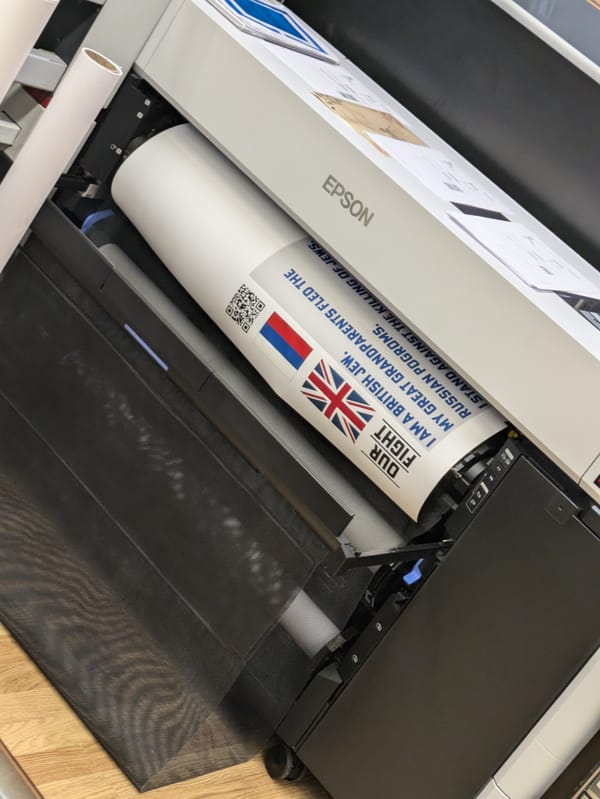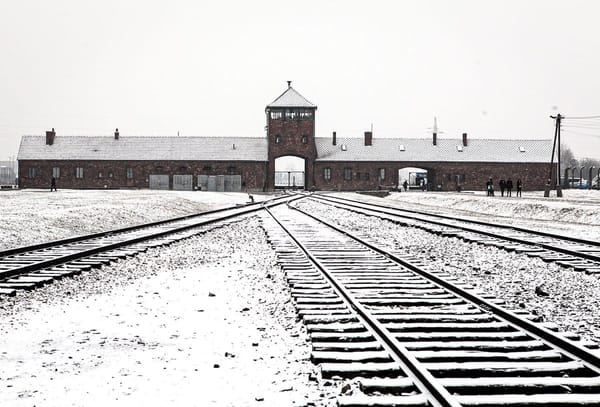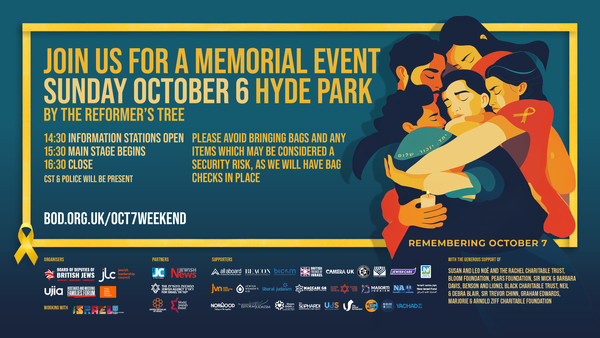Accusing Israel of Genocide: South Africa's Spurious Claims
It's a new low when the corrupt ANC government is cheered on in the ICJ, just so long as it is anti-Israel, writes Sharmini Brookes, in South Africa.

Today, the South African ANC Government began presenting its case to the International Court of Justice (ICJ), accusing Israel of genocidal intent against Gazans.
It is deeply horrific to most ordinary South Africans that the very government which brought the country to its knees since coming to power in 1994, is now attempting to reinvent itself as a champion of morality. What is even more shocking is that many are prepared to overlook the regime's corrupt and murderous record, because it is helping to promote an anti-Israel agenda.
October 7th: A Pogrom
Israel is at war against a terrorist organisation (Hamas), who on October 7th last year slaughtered 1,200 innocent civilians and abducted over 240 others. Despite this pogrom, and that over 100 hostages still remain in captivity, international pressure has been applied not to Hamas, but to Israel. From marching students to posturing politicians, the demand has been for Israel to initiate a ceasefire--in effect, to surrender.

The latest phase of this pressure is the accusation that Israel's attempts to defeat Hamas amount to genocide. No longer confined to tasteless placards on demonstrations in our capitals, this accusation in now in the international spotlight, due to South Africa's actions at the ICJ.
"A Spurious Charge"
It is a tragedy, as in any war, that innocent civilians are killed in the course of action. But the civilians of Gaza are not being deliberately targeted, as were the innocent people of Israel by Hamas. The Israel Defence Forces (IDF) repeatedly warns civilians to relocate as it tries to reduce casualties in its war against Hamas. Warning civilians about impending battles is not genocide.

By pursuing a case through the ICJ, South Africa is simply looking to divert attention from its own problems and at the same time trying to reinvent itself on the world stage.

Looking at life in South Africa today, it's not difficult to see why.
Corrupt and Uncaring
South Africa is not officially 'at war' yet its own unethical, corrupt government has reduced the majority of people's daily lives to the equivalent of the most abject refugees.
Between July and September last year, nearly 7,000 people were murdered.

Victims include whistle-blowers against the corrupt government, like Babita Deokaran, political opponents, members of the police forces, and thousands of others, whose cases are rarely investigated.
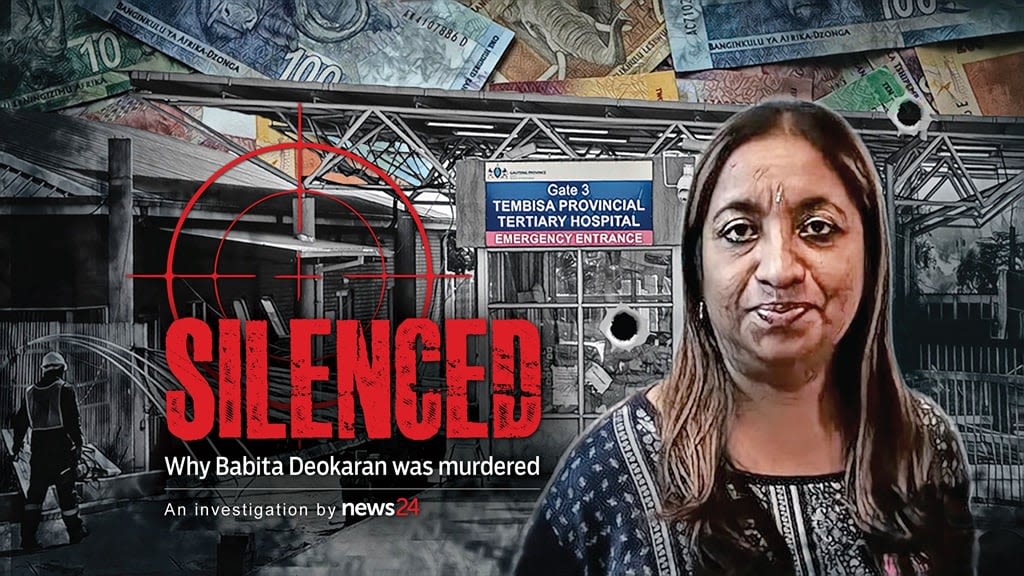
Alongside the rising death toll, economic life is desperate and chaotic. Youth unemployment runs at 60.7%--one of the highest levels in the world.
Power generation facilities are sabotaged or hampered by maladministration and corruption and recently, residents of Cravensby, Elsies River, and Uitsig were cut off for over 80 hours.
The ANC government is corrupt and deliberately uncaring; no-one has been jailed for the long, costly inquiry into state capture, nor for the murder of disabled patients who were forcibly moved to unprepared and unfunded facilities by the Government in order to save money.
Reinvention
The ANC once played a historic role in the struggle against apartheid, but now presides over chaos and destitution, with no future to offer its citizens. It is therefore no surprise that the regime hopes to reinvent itself by appearing on the world stage as the champion of human rights.
But whilst this is unlikely to help the ANC much domestically--they look set to lose their majority in elections in May this year--the bigger problem is that the drive to isolate Israel is reaching such a level that even a regime as corrupt and degraded as the South African government will win support if it is anti-Israel.
How successful South Africa is in the ICJ will take months or even years to play out. But whilst it does, we should make clear that the claims are specious, and there is no genocide in Gaza.
Sharmini Brookes is a freelance writer living in South Africa. Additional research by Mark Birbeck.




